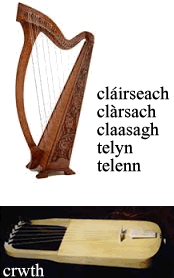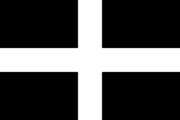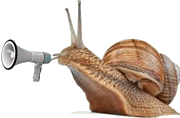
I discovered last week in Ireland that one word for the harp in Irish is cruit [krutʲ], which sounds similar to the Welsh word crwth [kruːθ], a type of bowed lyre that was once popular in Wales and in other parts of Europe, but which was largely displayed by the fiddle during the 18th century.
The word crwth from a Proto-Celtic word *krotto- (round object) and refers to a swelling or bulging out, of pregnant appearance, or a protuberance. The Irish word cruit comes from the same root and refers to small harps or lyres. The equivalent English word, which was borrowed from Welsh is crowd, which is also written crwd, crout or crouth, and in Medieval Latin such an instrument was called a chorus or crotta. The English surnames Crowder and Crowther, which mean a crowd player, and the Scottish names MacWhirter and MacWhorter also come from the same root [source].
The more common word for harp in Irish is cláirseach. In Scottish Gaelic the words cruit and clàrsach are used, with the latter being the most common, and in Manx we have claasagh and cruitçh. The Welsh word for harp is telyn, which has an equivalent in Manx – tellyn (Welsh harp). The Cornish word for harp is the same as the Welsh, and the Breton word is telenn.

